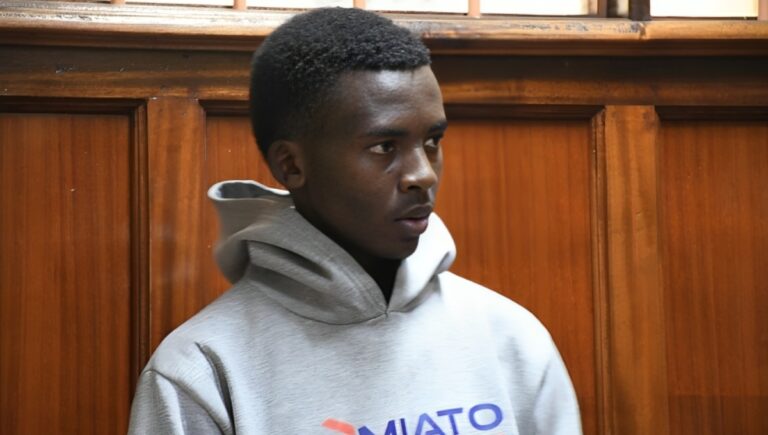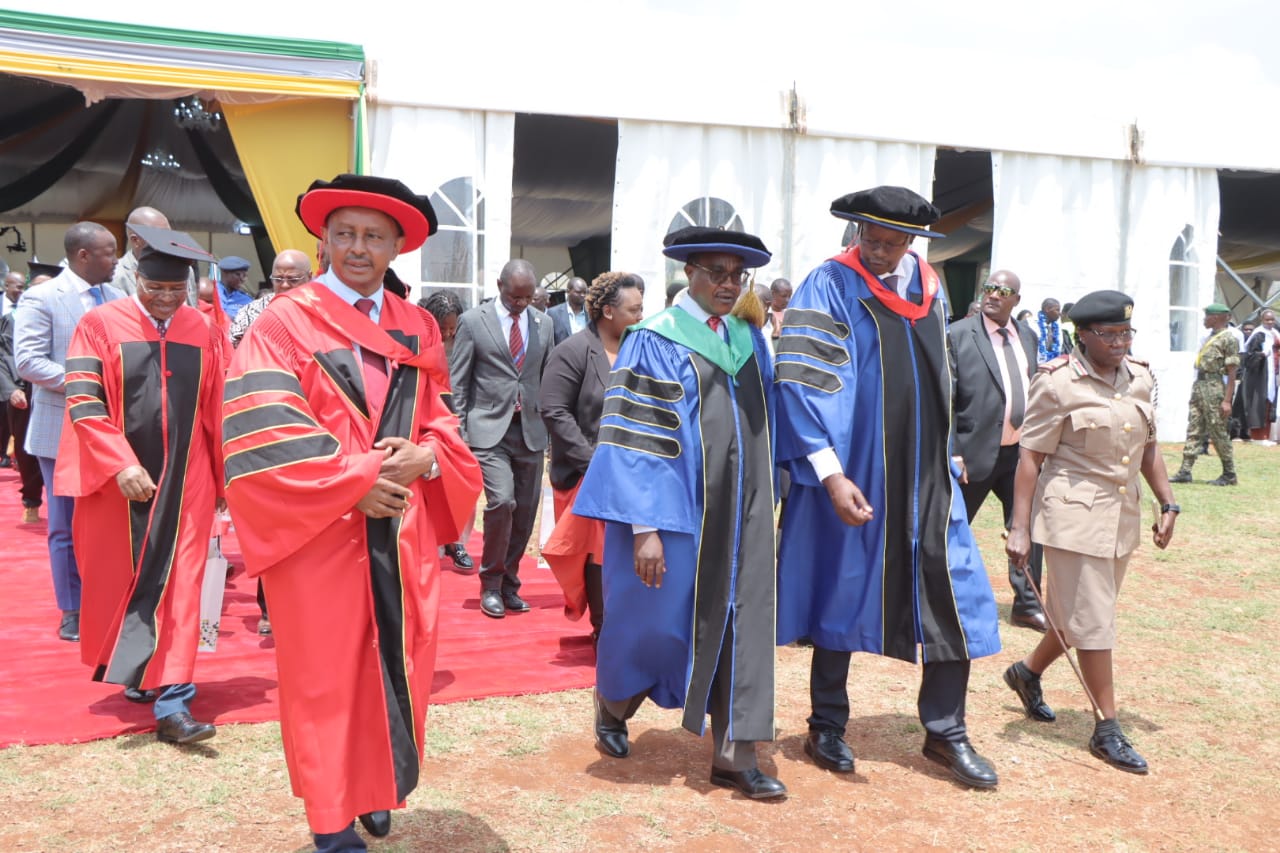The activities around the marking centres for 2022 KCSE were shrouded in secrecy, the Parliamentary Committee on Education report has revealed.
This placed under close scrutiny the integrity of markers, marking schemes, award of marks and the moderation process.
The report tabled in the National Assembly on October 5, 2023 by the Committee chairperson, who is also Tinderet MP Julius Melly, comes barely three weeks before the 2023 candidates sit their KCSE examinations.
According to the report, one Chief Examiner (CE) expressed frustration at being unable to control data entry in marking stations, which he said compromised the quality of results.
The CE also noted that in some instances, raw scores differed from the actual scores obtained by a candidate.
The report notes further that data clerks are not vetted, raising questions about their integrity.
In regard to the marking exercise, a respondent pointed out that the examiners were adequately prepared to mark but not to detect and report irregularities, and that the bureaucracy involved in reporting cheating discourages examiners.
The inquiry was further informed that any reported malpractice was watered down by the inability or unwillingness of CEs and Kenya National Examination Council (KNEC) to provide solid evidence, leaving the courts with no option but to acquit the suspects.
A total of 30,592 examiners participated in the 2022 KCSE marking spread across 35 centres.
A former examiner informed the parliamentary committee that the areas identified as marking centres were in poor condition, the examiners were not commensurately remunerated, and payments were delayed, adversely affecting productivity levels.
“… examiners were subjected to long marking hours, affecting their productivity and the accommodation facilities were in poor and deplorable conditions, demotivating the examiners. Moreover, the examiners were not paid in a timely manner, for instance, the 2022 examiners were paid nine months later,” reads the report.
The Kenya National Union of Teachers (KNUT) in their submission said the moderation and entry of examination marks was not transparent.
This is in spite of the scripts being marked through a conveyor belt system which takes it through more than one examiner under a team leader.
It is then that the senior examiners, who include CE’s, assistant CE’s and team leaders sample 10 percent of the answer scripts to be marked under their supervision.
Already, the Kenya Union of Post-Primary Education Teachers (KUPPET) has threatened to boycott the invigilation, supervision and marking of national examinations, citing poor treatment of their members while undertaking the exercise.
The union decried the same problems that led to the compromise of the integrity of the exams last year: poor and risky working conditions, and meagre and delayed payments.
KUPPET Busia Executive Secretary Moffats Okisai at one time suggested various measures that KNEC can adopt and implement to enhance its operation.
In his open letter to the KNEC Chief Executive Officer (CEO) Dr. David Njeng’ere dated June 9, 2023, Okisai said it is heartbreaking to see how teachers are being mistreated at the hands of the Council.
By Education News reporter
Get more stories from our website: Education News
To write to us or offer feedback, you can reach us at: editor@educationnews.co.ke
You can also follow our social media pages on Twitter: Education News KE and Facebook: Education News Newspaper for timely updates.
>>> Click here to stay up-to-date with trending regional stories






